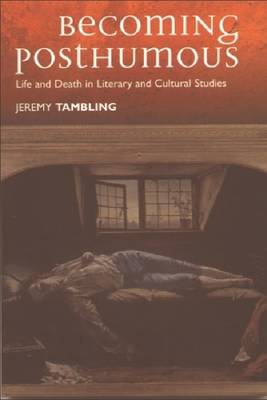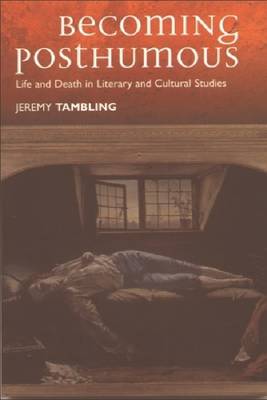
Bedankt voor het vertrouwen het afgelopen jaar! Om jou te bedanken bieden we GRATIS verzending (in België) aan op alles gedurende de hele maand januari.
- Afhalen na 1 uur in een winkel met voorraad
- In januari gratis thuislevering in België
- Ruim aanbod met 7 miljoen producten
Bedankt voor het vertrouwen het afgelopen jaar! Om jou te bedanken bieden we GRATIS verzending (in België) aan op alles gedurende de hele maand januari.
- Afhalen na 1 uur in een winkel met voorraad
- In januari gratis thuislevering in België
- Ruim aanbod met 7 miljoen producten
Zoeken
Becoming Posthumous
Life and Death in Literary and Cultural Studies
Jeremy (Professor of Comparative Literature, University of Hong
Paperback
€ 50,45
+ 100 punten
Omschrijving
Jeremy Tambling introduces the idea of 'the posthumous' as a means of thinking about our relationship to the past, to death and to history.
Specificaties
Betrokkenen
- Auteur(s):
- Uitgeverij:
Inhoud
- Aantal bladzijden:
- 176
Eigenschappen
- Productcode (EAN):
- 9780748614776
- Verschijningsdatum:
- 15/09/2001
- Uitvoering:
- Paperback
- Afmetingen:
- 234 mm x 156 mm
- Gewicht:
- 272 g

Alleen bij Standaard Boekhandel
+ 100 punten op je klantenkaart van Standaard Boekhandel
Beoordelingen
We publiceren alleen reviews die voldoen aan de voorwaarden voor reviews. Bekijk onze voorwaarden voor reviews.









